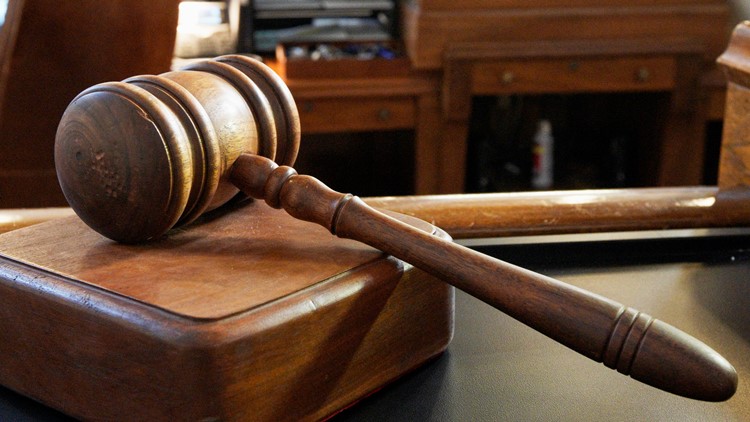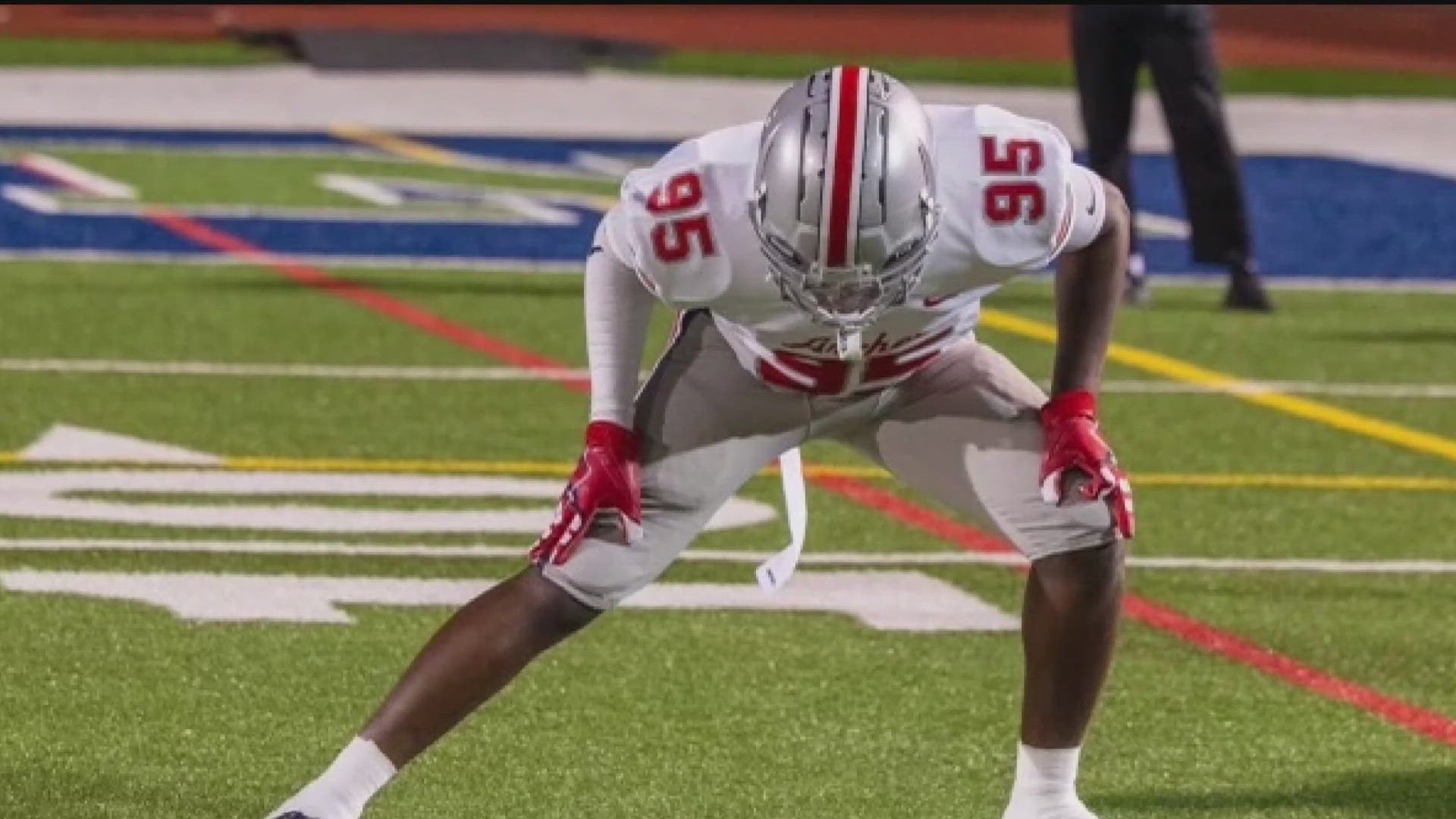ATLANTA — A Georgia state judicial discipline panel is deciding whether to recommend removing a state appeals court judge or let him return to the bench.
Local news outlets report closing arguments were presented Thursday, ending a seven-day hearing on whether suspended Georgia Court of Appeals Judge Christian Coomer committed 36 counts of judicial misconduct between 2015 and 2019.
Commission Director Chuck Boring said the former state lawmaker should be removed from the bench because he borrowed more than $360,000 from a client on terms favorable to Coomer and wrote a will for the client making himself the beneficiary.
“It’s the appearance of impropriety that really impacts the reputation of the judiciary,” Boring said.
Lawyers for Coomer argued he should be allowed to return based on his “judicially perfect” record. Lawyer Mark Lefkow argued the evidence against Coomer is weak, attacking the testimony of former client Jim Filhart.
“This man has a lifetime of good conduct and deserves to wear a robe,” Lefkow said. “He didn’t defraud anyone, he didn’t try to hurt anybody, he wasn’t dishonest and he wasn’t deceitful.”
A three-person panel will make recommendations to the state Supreme Court. The panel includes Fulton County Superior Court Judge Robert McBurney, former DeKalb County State Court Judge Dax Lopez and retired businessman Jack Winter.
Coomer testified Wednesday, acknowledging mistakes and saying he won't repeat them.
Coomer admitted to “blurring the lines” between attorney and friendship when he asked former client Jim Filhart for three loans. But he said he repaid the money with interest — though most was returned after Filhart sued Coomer, accusing him of fraud and malpractice.
“I had no interest in doing anything wrong or bad to him. ... I’ve never stolen from anybody," Coomer said. "I’m a moral person who does not engage in taking from other people.”
Attorney Dennis Cathey told the panel he was disappointed in his client and that perhaps he should be reprimanded. Still, Cathey said Coomer’s missteps shouldn’t result in the “death penalty” for his career.
“He made restitution. He admitted it. He expressed remorse. He cooperated fully,” Cathey said. "That is not conduct that would result in disbarment as a lawyer. If it doesn’t carry disbarment as a lawyer, it shouldn’t carry ‘lose your robe’ as a judge. It just shouldn’t.”
In addition to taking out large loans with terms unfavorable to his client, Coomer wrote a will naming himself executor, trustee and beneficiary of Filhart’s estate.
Coomer testified that he followed his client’s wishes every step of the way, but admitted violating rules governing lawyers by writing a will with himself as beneficiary.
“I would like to go back and change it and do it differently, but I don’t have that ability,” Coomer said Wednesday. “I was never trying to take advantage of him or take anything from him."
Coomer said he didn't think "those kinds of mistakes disqualify me from serving as a judge.”
Boring argued Coomer violated campaign finance laws by transferring money between his campaign and law firm accounts, and using campaign funds to help pay for vacations with his family while serving in the state House. Defense attorneys dismissed the transfers as “private conduct errors” that didn’t harm anyone.
Coomer earlier paid a $25,000 state ethics fine over those transfers. He also faces a state bar investigation.
Boring argued Coomer admitted to violating judicial rules in his own testimony.
“How can the public ever have confidence that he can enforce the rules when he can’t follow those rules himself?" Boring asked.



